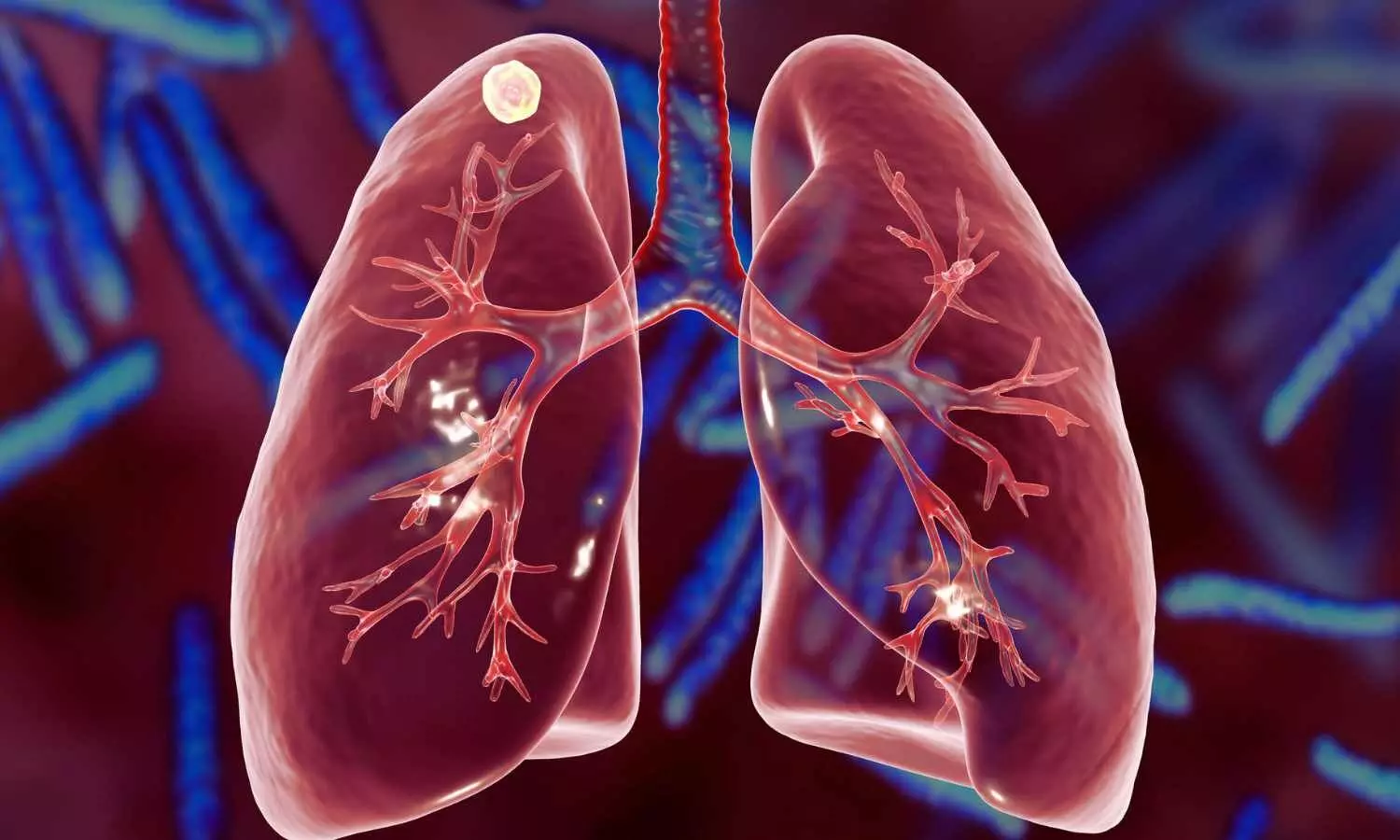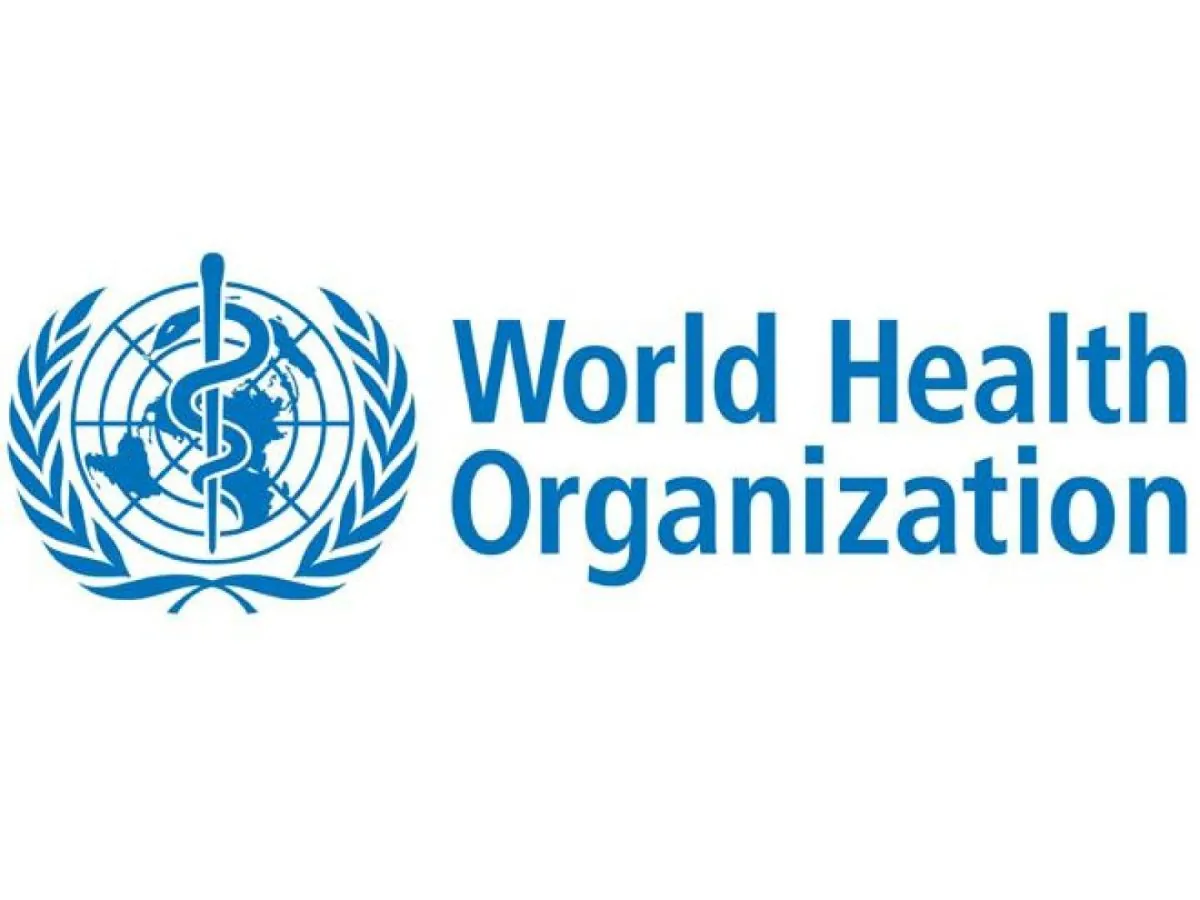Copyright medicaldialogues

Researchers have found in a new study that undernutrition, alcohol abuse, and smoking account for over a third of TB outcomes in India that are unfavorable. The research determined that these factors greatly raise the risks of treatment failure, recurrence, and mortality in patients with drug-sensitive pulmonary TB, and they therefore present high-yield targets for public health interventions. The study was conducted by Pranay S. and colleagues in the journal of Chest.The key question of this research was: What percentage of poor tuberculosis treatment outcomes can be explained by major risk factors in India? Through the estimation of attributable fractions (AFs), the authors aimed to identify the impact of these modifiable risk factors at the population level.This was a prospective cohort trial in adult drug-sensitive pulmonary TB, recruited from five heterogeneous clinical centers in India. Participants were recruited at the start of treatment and were followed for 24 months. The main outcome was a composite poor treatment outcome, viz., treatment failure, recurrence, or death. Researchers estimated both unadjusted and adjusted attributable fractions (AFs) for modifiable risk factors such as undernutrition, smoking, alcohol abuse, diabetes, and HIV coinfection.ResultsThere were a total of 2930 adults with 32,912 person-months of follow-up. The median age was 43 years (IQR 31–52), and 2136 participants (72.9%) were male.The prevalence of risk factors was as follows: 1609 (55.5%) were undernourished, 1182 (40.4%) had ever smoked, 956 (32.8%) had diabetes, 437 (14.9%) had reported alcohol misuse, and 65 (2.2%) were HIV positive.In the follow-up, 129 had treatment failure, 80 developed recurrence, and 101 died. The percentage of unfavorable outcome contributed by key risk factors in unadjusted analysis was:32.2% (95% CI: 23.1–40.3) for undernutrition19.4% (95% CI: 12.3–25.8) for ever-smoking8.5% (95% CI: 4.3–12.6) for alcohol abuse1.6% (95% CI: 0.1–3.0) for HIV coinfectionAdjusted for having more than one risk factor concurrently, undernutrition by itself contributed to 29.0% (95% CI: 17.6–38.8) of all adverse outcomes.In addition, ever-smoking and alcohol abuse were significantly associated with failure of treatment, with 17.9% (95% CI: 1.1–31.9) and 15.4% (95% CI: 7.9–22.3) of failures, respectively.This research indicates that undernutrition, smoking, and alcohol abuse explain more than one-third of adverse TB treatment results in India. Targeted efforts to enhance nutrition, decrease smoking, and prevent alcohol abuse have the potential to notably enhance TB outcomes and assist with attainment of public health objectives in TB control.Reference:Sinha, P., Karoly, M., Padmapriyadarsini, C., Paradkar, M., Mave, V., Gupte, N., Gupta, A., Dauphinais, M., Babu, S. P., Gaikwad, S., Cox, S. R., Golub, J., Cintron, C., Thangakunam, B., Ezhumalai, K., Ponnuraja, C., Tornheim, J. A., Christopher, D. J., Viswanathan, V., … Gupte, A. N. (2025). Contribution of key comorbidities to unfavorable treatment outcomes among adults with drug-sensitive pulmonary tuberculosis in India: A prospective cohort analysis. Chest. https://doi.org/10.1016/j.chest.2025.05.055



